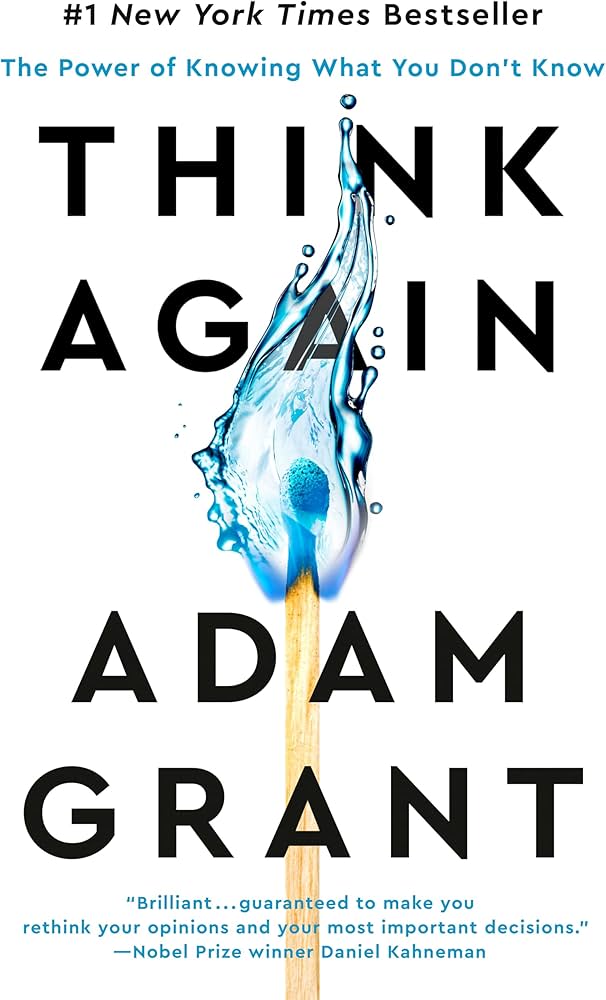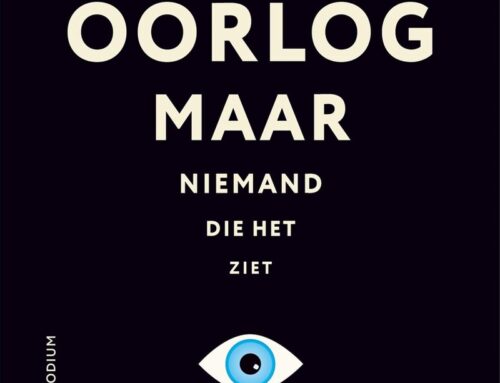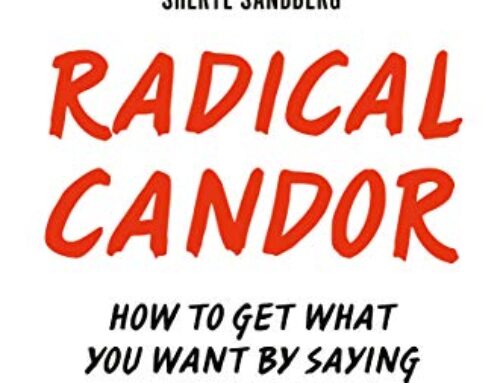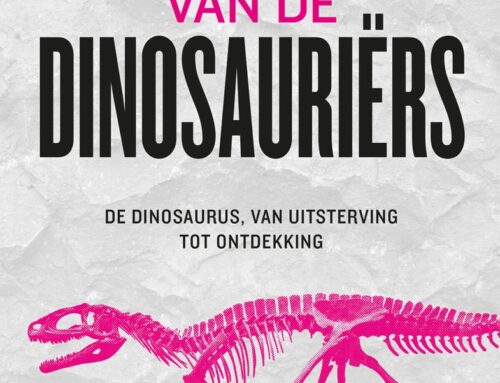by Adam Grant
I’ve always been drawn to the idea that thoughts and ideas should be ever-changing—that we should be constantly re-evaluating what we think we know. So when I picked up Think Again by Adam Grant, I knew it was going to resonate with me. What I didn’t expect was how much of a relaxing read it would be. Yes, the book is thought-provoking, but it’s also strangely reassuring. It doesn’t push you to feel like you need to have all the answers. Instead, it encourages you to embrace the fact that changing your mind is not a sign of weakness but of growth.
The timing of reading this book felt almost perfect. I remember picking it up after a long day, intending to read just a few pages before bed. But it quickly became one of those books that felt impossible to put down. The way Grant frames the importance of rethinking and unlearning is both practical and refreshing. It made me reflect on how often we cling to outdated ideas simply because we feel anchored to them, rather than allowing ourselves to adapt.
What struck me most was the gentle reminder that it’s okay to let go of certainty. We’re so often told that confidence comes from knowing, but Think Again shows that true confidence often comes from being comfortable with not knowing and being willing to explore new perspectives.
What is Think Again about?
In Think Again, Adam Grant explores the power and importance of rethinking—challenging our own beliefs, opinions, and assumptions in order to grow. The book encourages readers to develop a mindset where questioning and revising ideas becomes a natural part of life, rather than something to fear. Grant emphasizes that in a rapidly changing world, the ability to rethink and adapt is crucial, whether in our personal lives, at work, or in society at large.
The book presents engaging stories and research that illustrate how clinging to old beliefs can hold us back and how being open to rethinking can lead to better outcomes. Grant also introduces the concept of “mental flexibility”—the idea that we should treat our thoughts more like hypotheses than conclusions, always ready to update them when new information arises.
With its mix of psychological insights and practical advice, Think Again serves as a guide for embracing curiosity and adaptability, and it encourages us to see the value in changing our minds for the better.





